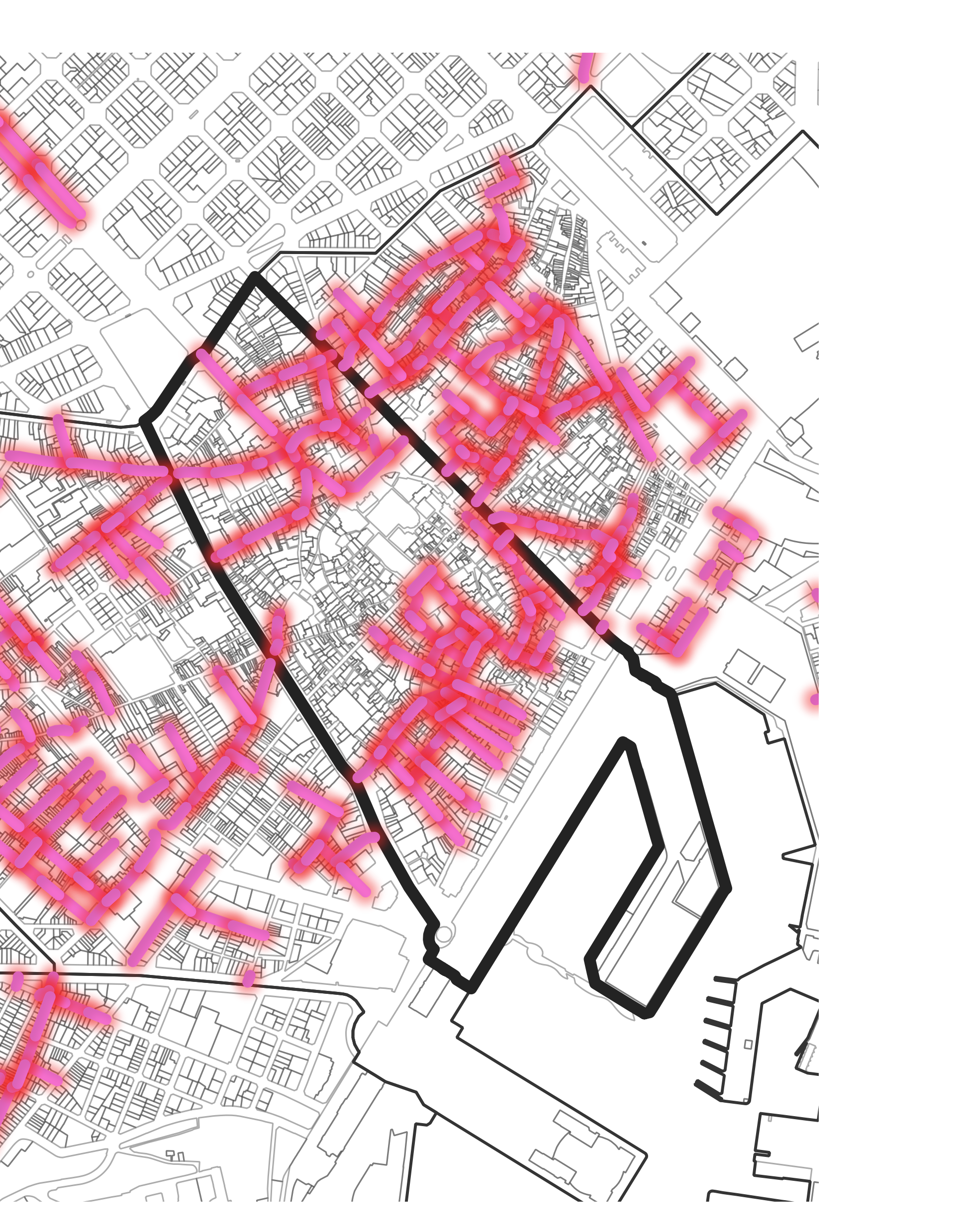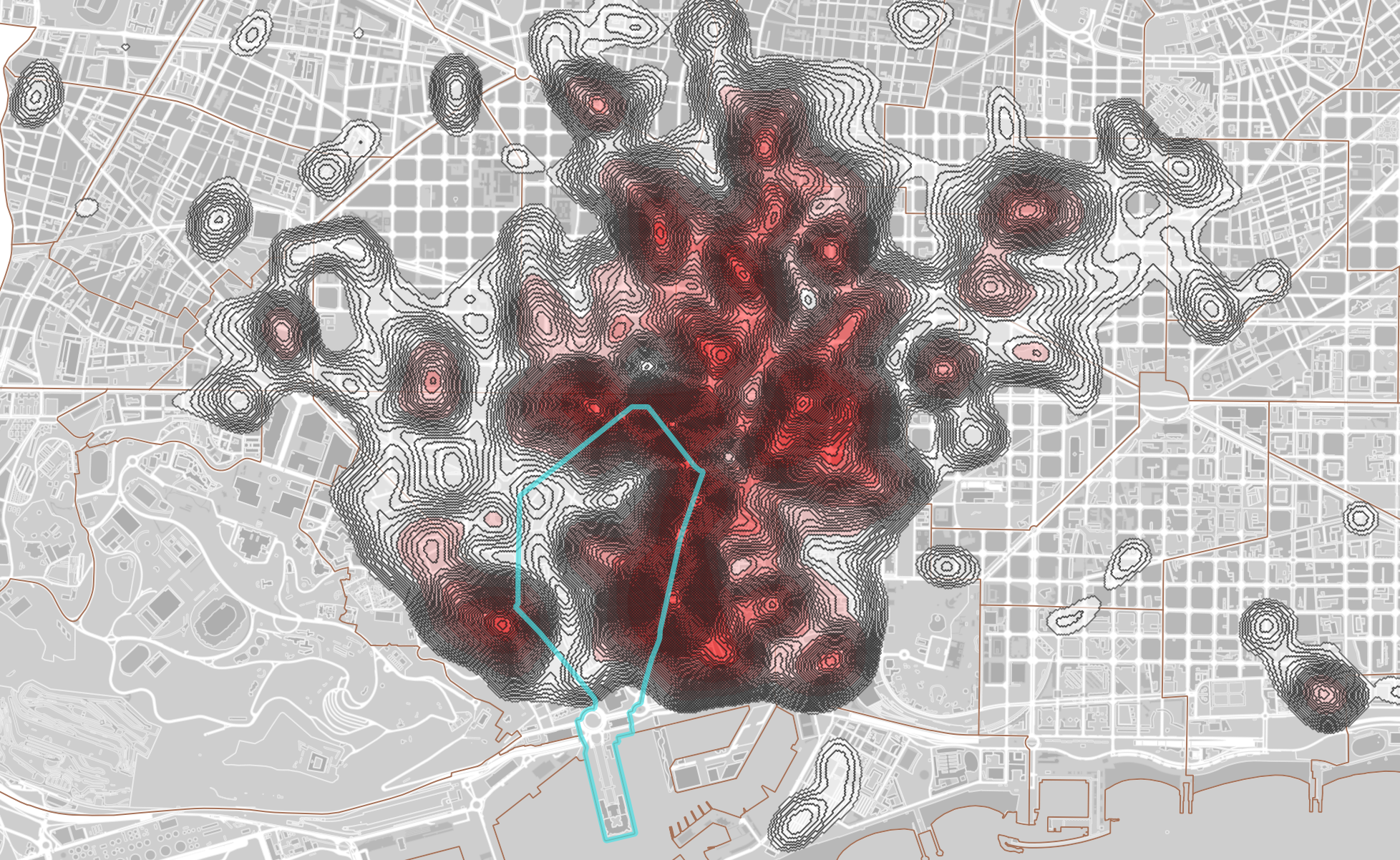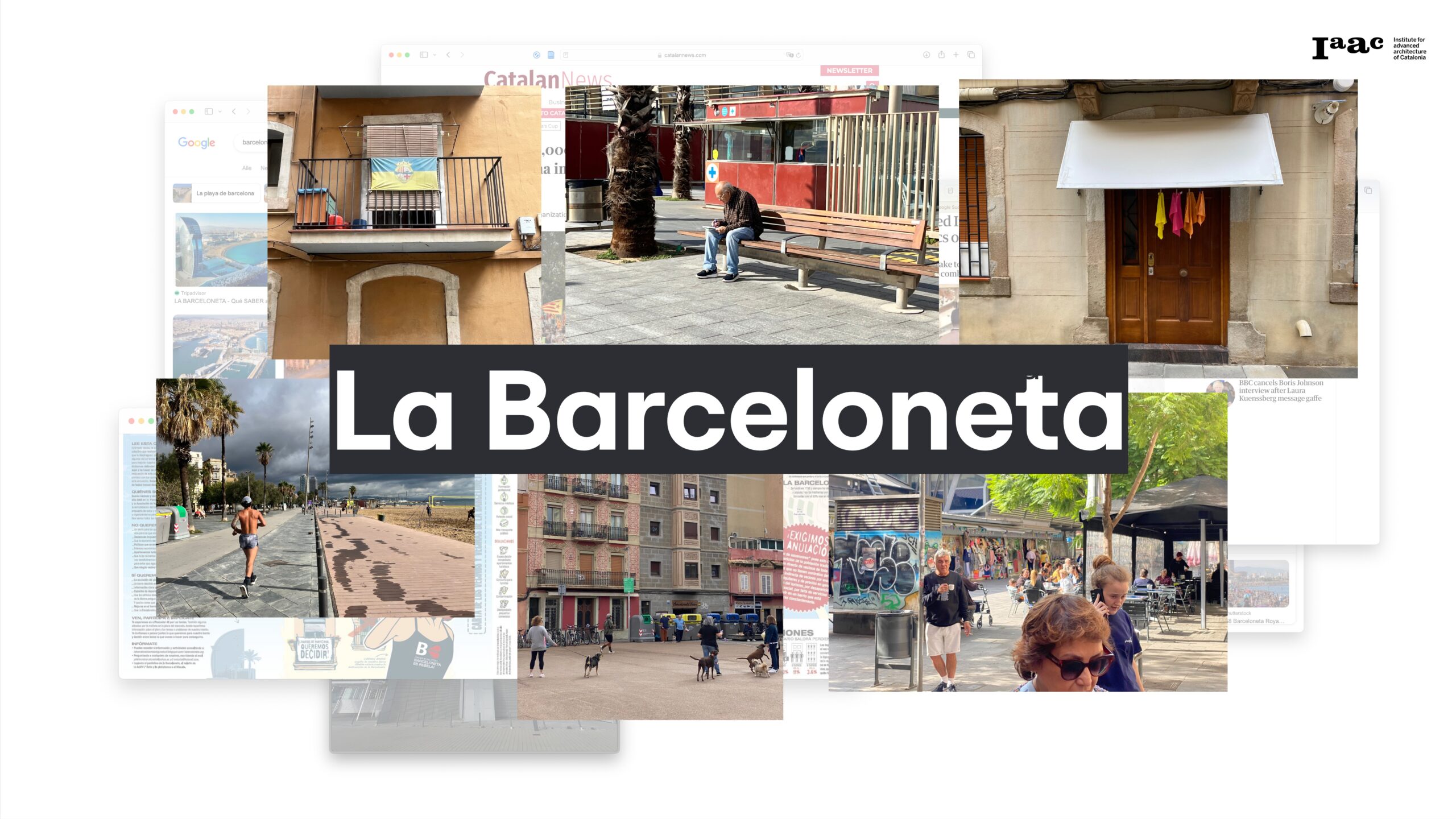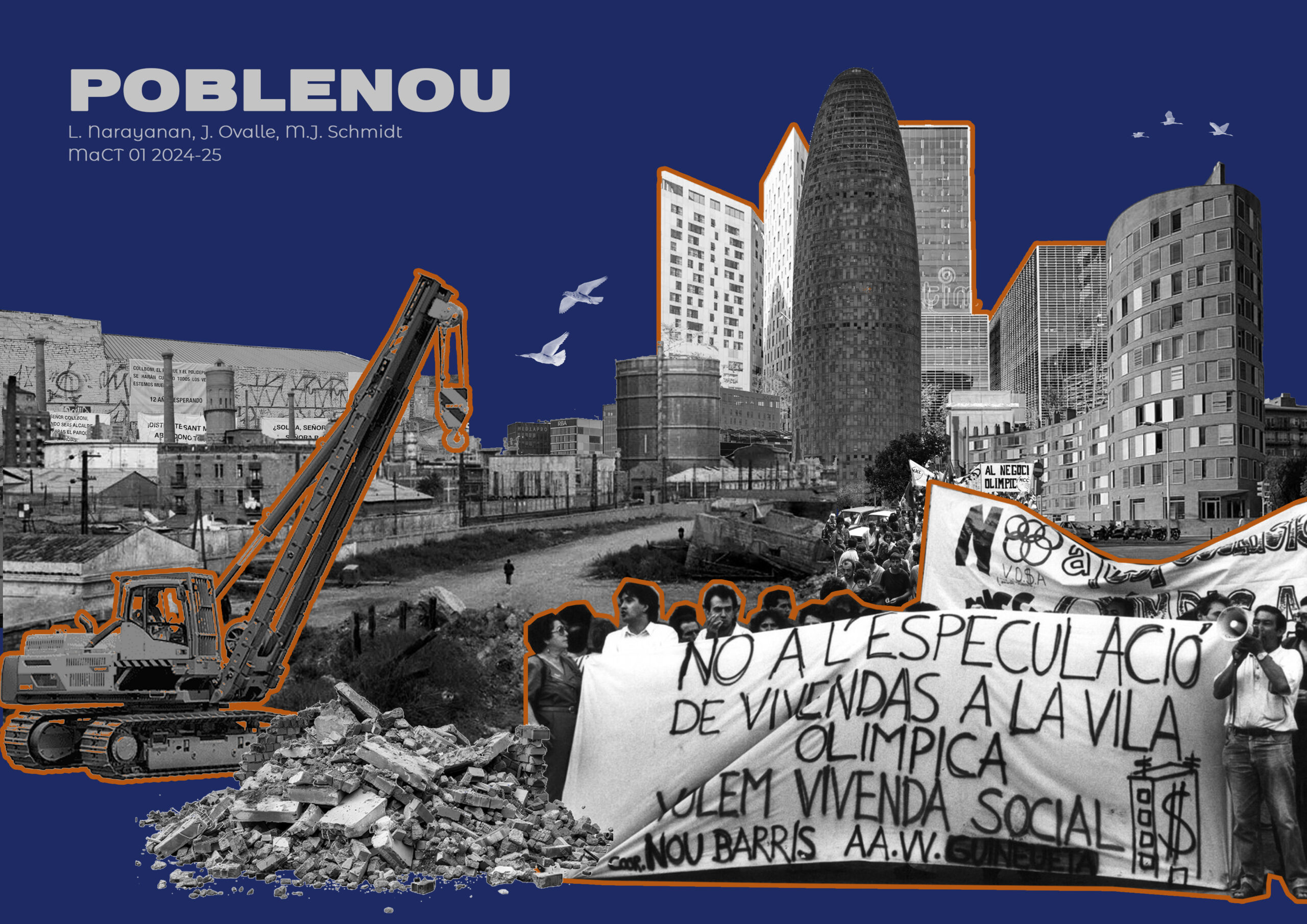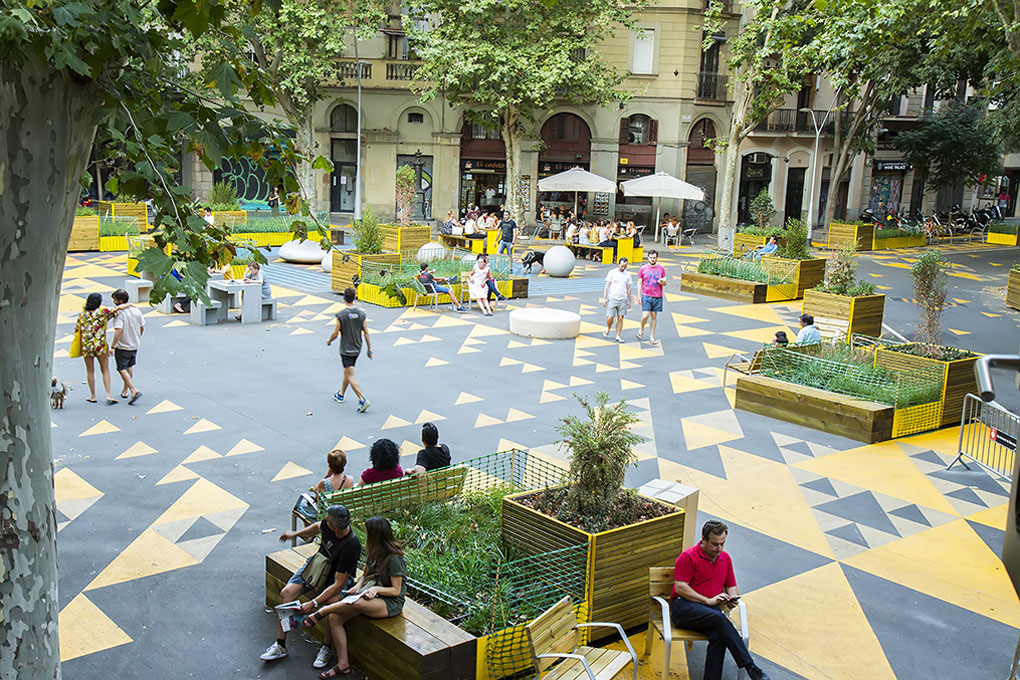The Gòtic Quarter: A Sustainable Economic Model or Not?
Located in the heart of Barcelona, where the history of the city began, the Gòtic Quarter is an iconic neighborhood, we sought to understand its complex dynamics and whether its economic model could truly be called sustainable. From Roman foundations to bustling contemporary streets, the Gòtic Quarter embodies a story of transformation. But behind its … Read more

